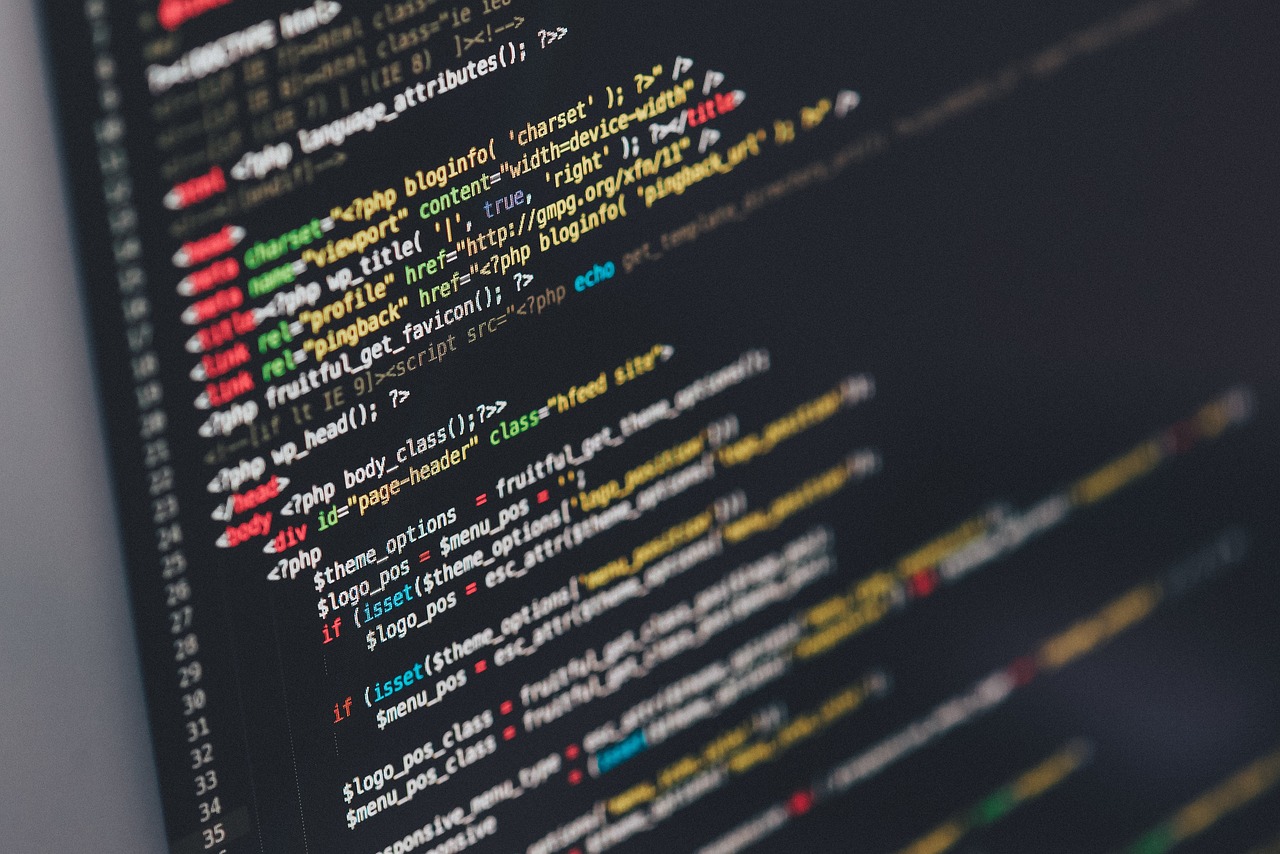Learn Programming Without Spending a Penny
Learn Programming Without Spending a Penny
Blog Article
Mastering coding is accessible for free. By committing time, time, and the right no-cost resources, you can learn how to code. Start simple, stay steady, and soon you'll be mastering coding languages and developing your own applications. Happy coding!
A Guide to Learning Coding for Free
In today's tech-driven world, programming has evolved into an important ability for various sectors. Whether someone is looking to enhance your job prospects, build a new one, or just want to cultivate a side project, learning how to code is an valuable step. However, many people think is that learning to code demands paid courses or degrees. The truth is, it's possible to learn coding at no cost. Below is how to get started.1. Pick a Programming Language
Prior to starting, it’s crucial to decide which programming language to begin with. Each language has its own applications, and selecting the right one depends on your aspirations. These are popular choices:Python: Famous for being easy to read and write, Python is a fantastic pick for beginners. It’s frequently utilized in online development, data analysis, artificial intelligence, and automation.
JavaScript: If you're interested on web development, JavaScript is a must-learn language. It's applied to add interactivity to web pages and pairs with HTML and CSS.
HTML/CSS: These aren’t coding languages, but if you’re looking to build websites, HTML and CSS are the core for laying out and designing web pages.
Java: A multi-purpose language applied for Android apps, backend systems, and large corporate systems.
C++/C#: These are more complex languages, often used in game development and system software.
Start by choosing one language, then explore free resources specific to it.
2. Find Free Online Coding Resources
Because of the free-sharing culture of the programming world, you can find a treasure trove of free resources online to begin learning. Some of the best platforms include:Codecademy: Delivers interactive coding lessons in different languages like Python, JavaScript, and Ruby. The initial courses are free, letting you code right away.
FreeCodeCamp: A comprehensive platform that offers courses in web development, data visualization, and more. You can even earn certificates and join in real-world projects.
Coursera and edX: These platforms give no-cost access to coding courses from universities like Stanford and MIT. You can sit through the courses without having to pay for a certificate.
Khan Academy: Delivers instruction in computer science and programming with a focus on JavaScript and web development.
YouTube: Many coding experts offer free lessons on YouTube. Channels like Traversy Media, The Net Ninja, and CS50 give hours of content focused on a range of subjects.
3. Practice, Practice, Practice
Programming is like picking up a new language—it requires practice. Theoretical knowledge is key, but hands-on practice is where real learning happens. Some platforms offer chances to practice coding within your browser:HackerRank: A widely used site that provides coding challenges and competitions. It’s a great way to practice problem-solving skills.
LeetCode: Used by developers getting ready for technical job interviews, LeetCode offers a wide range of coding problems in various languages.
Codewars: Offers coding exercises called "katas" to help you progressively get better.
4. Become Part of Coding Communities
Learning to code can feel overwhelming at times, but you're not alone. Becoming part of an online community of fellow learners and programmers can provide support, guidance, and inspiration. Websites like Reddit (r/learnprogramming) and Stack Overflow let you seek answers and interact with other coders. GitHub, another valuable resource, lets you work together on coding projects, participate to open-source software, and learn from other developers’ code.5. Create Projects
As you feel ready, start building your own projects. Whether it's a personal website, a simple app, or a small game, starting from zero will solidify your knowledge and demonstrate your skills. You can also display your projects as part of a project collection for potential employers. Additionally, your projects can serve as a feature in a portfolio for prospective employers or companies. This will highlight your talents, but also prove your commitment to advancing as a developer.Final Thoughts
Becoming proficient in coding doesn’t have to be expensive. With free, high-quality tools, anyone can pick up coding from scratch. Begin with basic steps, maintain a steady practice, and interact with other developers. Soon enough, you’ll build your own projects and unlock new career paths.Find out more on - Nested if else in C Programming Examples Report this page